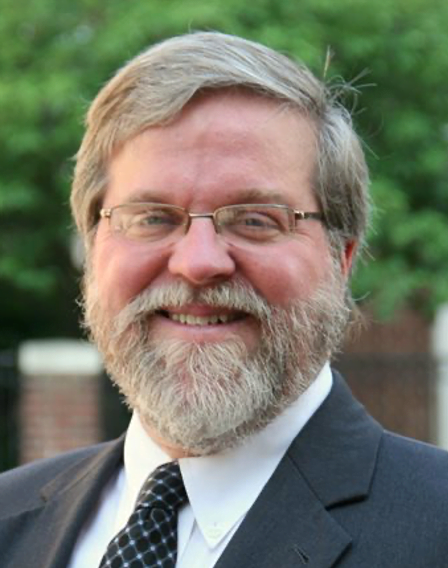This morning, we sing “Christ, Whose Glory Fills the Skies” at the opening of worship, a marvelous text by Charles Wesley, a great hymn writer of the church. This hymn is paired with the tune, RATISBON, since the two were joined in Old Church Psalmody (1847), but the tune has a more complicated history. It is usually traced to the German organist Johann Werner (1777- 1822), who published it in his Choralbuch zu den neuron fächsichen Gesangbüchern vierstimmig für die Orgel. As Robin Leaver has shown, however, it is “a good illustration of the way in which new tunes are created from old ones and how a tune in one tradition is modified when taken over for use in another.”
Leaver traces it as follows. Its origins are in a fifteenth-century German fold hymn, “Sancta Maria won unss bey,” which Martin Luther, leaving the melody unchanged, adapted to a trinitarian hymn (LBW #308). Luther’s text named the melody, and it remained in the Lutheran repertoire. In the 19th century Werner modified the tune and published it in his Choralbuch (1815). William H. Havergal, an Anglican priest who sought to improve congregational song and brought German chorales to England, simplified Werner’s work into the tune we know as RATISBON and published it in Old Church Psalmody. From there it passed into the first edition
of the important hymnal, Hymns Ancient and Modern and beyond.
Our offertory, “In the Singing”, was written in 1994 by Shirley Erena Murray at the request of her choral conductor, Peter Godfrey. It was to be set for his Chamber Choir, of which she was a member. It is a gentle text. It calls on Jesus Christ, “the wine of grace” and “the bread of peace,” in light of Christ’s presence at the table as the people sing, yet are silent and expectant with question, answer, blessing, acceptance, heart’s cry, and healing. Murray calls this tune a “simple and beautiful congregational setting.”
Carlton R. Young (b. 1926), its composer, says “I’ve tried to keep it uncomplicated with the notion that in time those coming to the distribution might sing it from memory.” Young was born in Ohio,, studied at the University of Cincinnati, Boston University School of Theology, Union Seminary in New York City, and in Vienna and Prague. An elder in the Methodist Church, he has directed music at churches in Massachusetts, Ohio, Texas, and Georgia, has served on the faculty of several colleges and universities, and has taught and lectured in England, Austria, Zimbabwe, Malaysia, Korea, China, and Taiwan.


